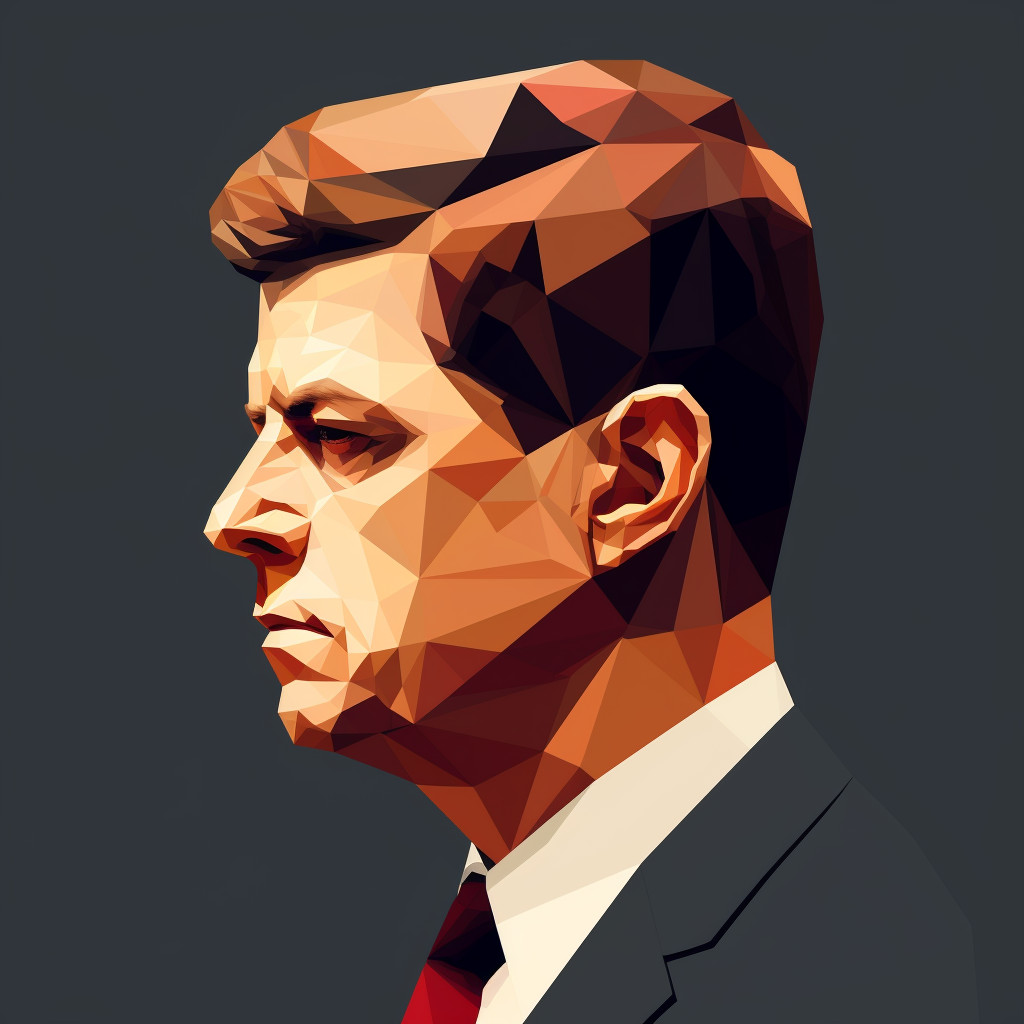This quote emphasizes the intrinsic connection between individual and collective freedoms. It suggests that when one person’s rights are violated, it creates a precedent that endangers everyone’s rights. Essentially, it posits that our rights and freedoms are not isolated or separate, but rather interconnected and interdependent.
For example, if one person’s freedom of speech is curtailed, it sets a dangerous precedent that could be used to limit the speech of others. Similarly, if one person is denied justice, it undermines the integrity of the justice system for everyone. This quote underscores the importance of standing up against any form of rights violation, not just for the sake of the individual directly affected, but for the collective good of all.
In today’s world, this idea can be applied in various contexts. For instance, in the fight against systemic racism, when the rights of one racial or ethnic group are violated, it is not just a problem for that group, but a threat to the rights of all groups. If we allow discrimination to persist against one group, it can easily spread to others.
In terms of personal development, this quote can inspire us to become more socially aware and active. It encourages us to understand that defending the rights of others, even those who seem very different from us, is ultimately an act of self-preservation. It pushes us to see beyond our immediate circumstances and recognize that our own wellbeing is deeply tied to the wellbeing of others. It can also guide us to practice empathy, as understanding and respecting the rights of others is a key aspect of personal growth and maturity.









